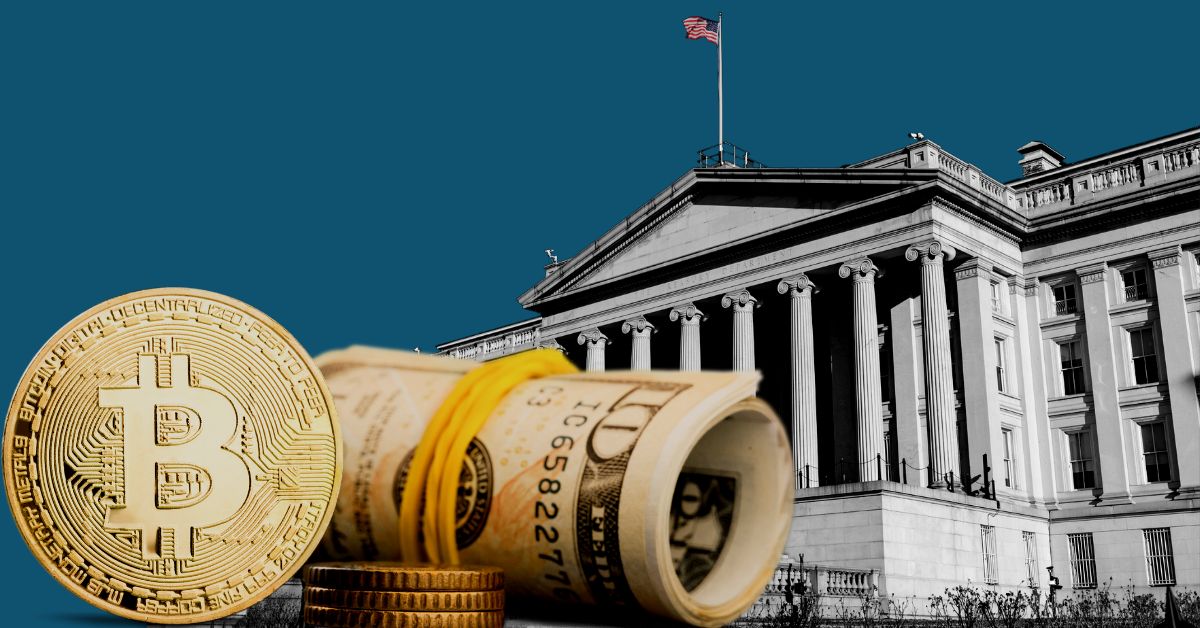RALEIGH, N.C. (WNCN) — More than 50 million people have invested in some sort of crypto currency and it’s a rich target for hackers who want to outright steal your assets without fear of being traced.
There’s a lot of money floating around in cryptocurrency and last year, hackers stole nearly $4 billion of it.
A report by the blockchain data platform ChainAlysis blamed thieves tied to North Korea for the thefts — a conclusion supported by an independent United Nations report.
Those who track the problem say these criminals are using traditional hacking techniques.
“Social engineering attacks where they impersonate people are very common,” said Isaac Patka, co-founder of Shield3, a consumer protection tool that brings safety to crypto wallets.
“People will take a website, clone it, it’ll make it look exactly like the real site,” he said. “They’ll even buy a Google ad, where when you’re searching, the ad will come up first and that will actually take you to a phishing site.”
During the pandemic, investors spent millions buying Bitcoin, Ether, Dogecoin and other cryptocurrencies, but hackers stole that money from digital wallets which were poorly protected.
“There’s a couple of different attack vectors,” said Patka. “One is completely losing your private key, and that’s just the absolute worst-case scenario where it’s very hard to recover.”
“For example, if your key gets leaked, often your funds are gone in a matter of minutes,” he said.
The solution: don’t connect your digital wallet directly to the blockchain to keep hackers away from it.
Don’t store your private key code on a password manager or other similar online device. Keep it secure elsewhere in your home.
You can use a free service called Shield3 which uses artificial intelligence to learn your behaviors to prevent you from being suckered by certain kinds of scam sites.
“By default, starting on day one, you’re just automatically not going to be able to interact with flagged addresses, attackers, sketchy contacts, and sketchy apps,” said Patka.
The service also offers paid add-ons.
Unlike regular currency, there are no formal laws or controls on crypto.
CBS 17 Consumer Investigator Steve Sbraccia wanted to know, because Crypto is such an unregulated industry, is it time for the federal government to step in and impose some kind of controls?
“My dream would be that the crypto space can start to self-regulate a bit better,’’ said Patka. “We are seeing some industry standards.”
He says the industry also needs to come up with some baseline consumer protection standards.
“We also need to make wallets more legible,” he said.
Cryptocurrency is a very risky investment, no matter how you look at it.
If you’re thinking of jumping into it, research it very, very carefully before spending your money.
A good place to start is the NerdWallet beginners guide to crypto.
You also shouldn’t stop you research there.
Find other third party resources and learn as much about crypto as you can before you invest, because almost every person whose been involved with it has lost money at some point.
Credit: Source link















































